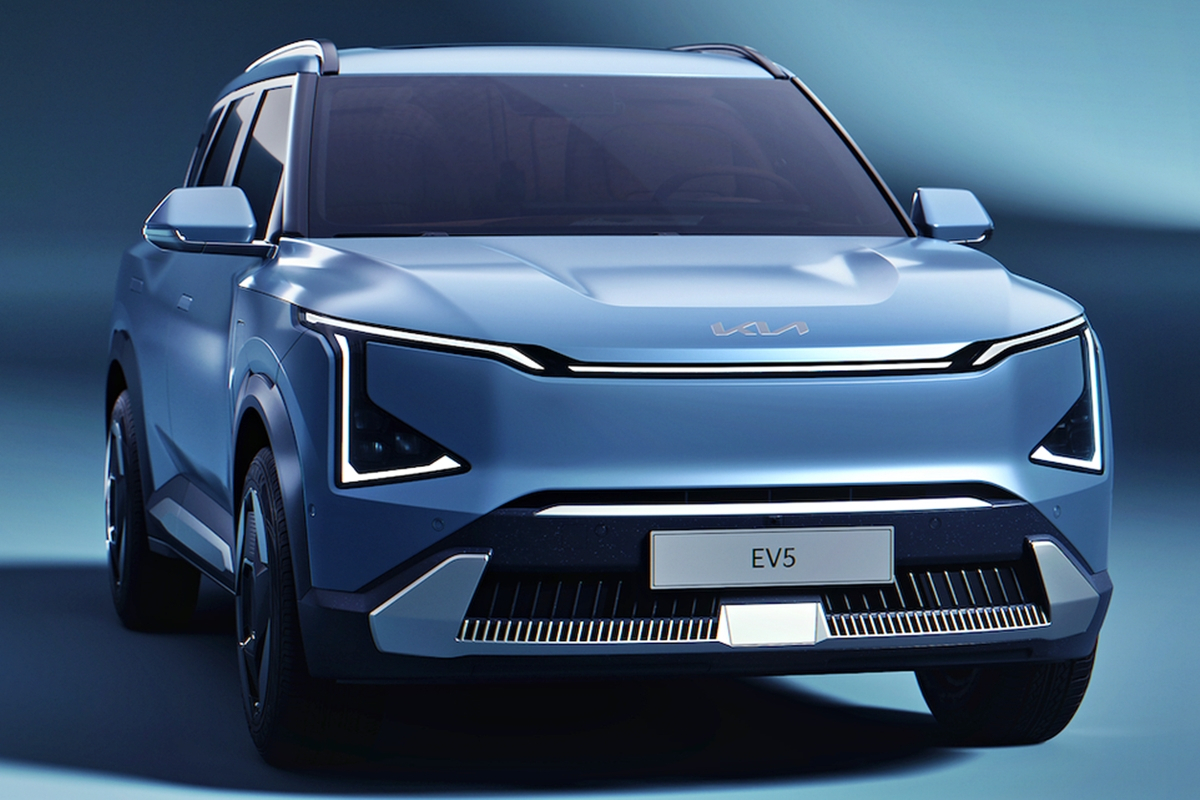Automobiles
Kia’s Chinese joint venture turns first profit in 7 years
 |
Kia’s first China-made full-electric model EV5 (Kia) |
Kia’s Chinese joint venture turned a profit in the third quarter of this year, ending a seven-year run of losses thanks to a surge in sales and exports, sources said Thursday.
Yueda Kia, where Kia and China’s Yueda Group hold 50 percent shares each, logged 3.2 trillion won ($2.3 billion) in sales in the July-September period, a 60.4 percent jump from the second quarter. The company achieved a profit of 17.2 billion won, a significant turnaround from the previous quarter’s 4.4 billion won loss.
In 2002, Kia invested $600 million to set up a Chinese joint venture with two local companies -- Dongfeng Motor and Yueda Group -- in line with the Chinese government’s roadmap to limit foreign capital penetration while boosting the nation’s strategic industries. In 2021, Dongfeng reportedly sold its 25 percent share to Yueda.
From January to November, Kia sold 224,201 vehicles in China, a 51.9 percent increase compared to last year, marking annual sales of over 200,000 units for the first time since 2020. In November alone, the carmaker’s monthly sales soared 33.4 percent to 24,310 units.
Kia has suffered financial challenges in China, following Beijing's backlash against South Korea's deployment of the Terminal High Altitude Area Defense missile system in 2017.
“Kia’s Chinese business was buoyed by new car debuts including the midsize K3 and larger K5 sedans,” said a source who wished to remain anonymous. According to Kia, the carmaker’s bestselling model in the January-October period was the Pegas sedan, which sold 48,120 units, followed by the Forte sedan with 15,305 units and the K3 sedan with 9,667 units.
Last year, Kia also launched the EV5, a midsized electric sport utility vehicle, selling 9,837 units in the same period. November sales are expected to surpass 10,000 units. The EV5, Kia’s first battery-powered car in China, boasts competitive pricing at 149,800 yuan ($20,600) compared to other foreign brands like the Tesla Model Y, priced over $30,000.
The source added that another key factor behind Kia’s stellar performance was the carmaker’s export growth strategy of making its Yancheng plant a major global production hub.
Since December last year, the facility has been exporting six car models sold in China, such as the Pegas sedan, to 76 countries, including Australia, New Zealand, Singapore, Brazil, Chile, Malaysia, Taiwan and Saudi Arabia.
By Byun Hye-jin (hyejin2@heraldcorp.com)








